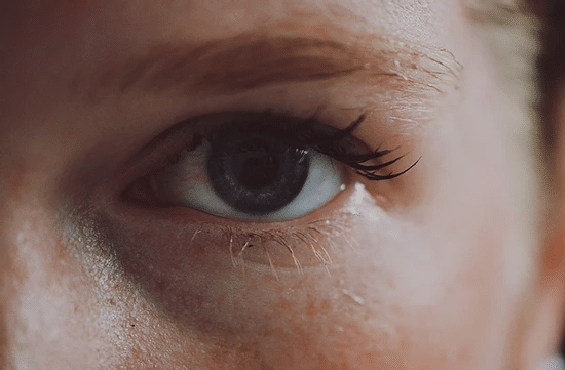Your eyesight is important and it’s good to know when blurred vision has a straightforward solution or needs a more serious look at. Blurred vision can be simply explained as loss of sharpness of eyesight. It can effect one eye or both and has various causes.
There could be several causes for blurred eyesight. Below we list some possible reasons why you could be experiencing this.

Why is my eyesight blurry?
1. Nearsightedness (myopia)
One of the most regular causes of blurred vision is nearsightedness (myopia), where objects in the distance are out of focus.
This is a common complaint and often accompanied by further symptoms such as headaches, eye strain and squinting.
If you are experiencing one or all of these symptoms, see an optician for eyeglasses and contact lenses, or for laser surgery for a more advanced solution.

2. Farsightedness (hyperopia)
Similarly to nearsightedness, farsightedness (hyperopia) causes close up objects to be blurry, prompting eye strain as well.
3. Astigmatism
If you are experiencing blurred vision at all distances, you may have astigmatism.
In layman terms, you have an irregularly shaped cornea that fails to focus light correctly in a single point on the retina, causing blurred eye sight close and far.
Astigmatism is responsible for roughly 13% of refractive human eye errors within Caucasians, so it is very common and also easily fixed by a visit to the opticians.
4. Conjuctivitis
Another cause of blurred vision is conjunctivitis.
Conjunctivitis is brought on by adenoviruses that also cause, amongst other things, the common cold. The condition is not too serious but is easily spread, especially amongst children at school, via the transference of germs.
To help prevent further spread, wash bed sheets more frequently.
Without treatment, it will clear up in 1-2 weeks, but in more severe cases, speak to your doctor about antibiotics or use a cool compress for itchiness and warm compress for swelling.
5. Cataracts and Glaucoma
In more serious cases of blurred vision, cataracts or glaucoma can be the cause.
Symptoms of cataracts include glares, ‘halos’ and clouded vision, and symptoms of glaucoma include tunnel vision or general narrowing of your field of vision.
Cataracts surgery is very successful in restoring eyesight, but if it, and glaucoma, go untreated, your eyesight will continue to deteriorate until you are completely blind.
When to get help with blurred vision
If you are experiencing any severe symptoms, or sudden vision changes and unexpected, constant blurred vision, consult a doctor or an optician as soon as possible. This is considered abnormal and could be something far more severe, so it is recommended you seek the advice of a medical professional immediately.





